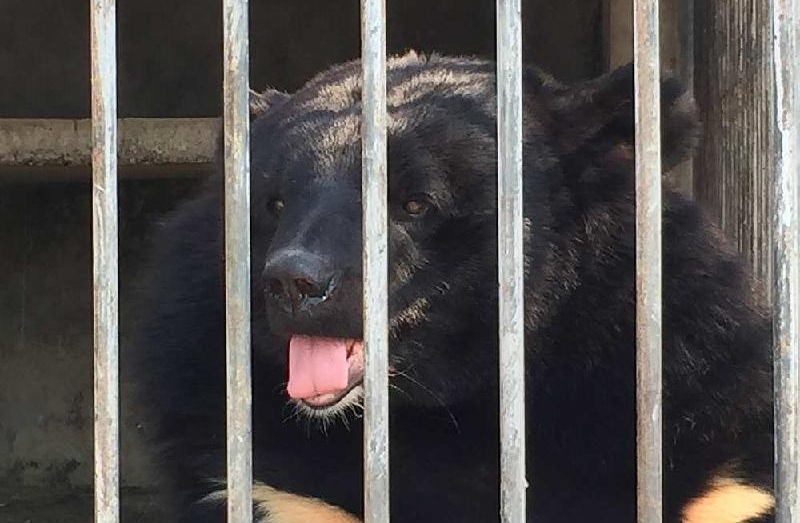
Sin Chew Daily
Due to the increasing illegal poaching of protected wildlife in this country, the government's decision to amend the Wildlife Conservation Act 2010 couldn't have come at a better timing.
Illegal poaching and logging activities have seriously jeopardized our biodiversity, posing a severe threat to the survival of many endangered and protected animal species.
The numbers of many wild animal species have been steadily declining. For instance, the Malayan tigers could have gone extinct ten years from now!
Wildlife conservation worker Lee Lam Thye has pointed out that animal poachers have adopted increasingly cruel ways of hunting. After their habitats are cleared for development, wild animals are forced to vie for land with their human intruders, and many have since lost their living spaces, and eventually their lives.
Not only are Malaysians involved in poaching, some 39 individuals have been arrested and charged in court for hunting protected serows over the past six years, including foreigners. Like many other wild animals, serows have been hunted for their medicinal value. Animals like tigers and rhinoceros are hunted for their priced body parts said to be of significant medicinal value, while others are killed for their meats to satisfy the lust of wildlife gluttons.
Although some may argue that animals hunted for their meats are not protected species, if the hunting activities are not checked, the forest ecosystem may be destroyed. Moreover, consumption of wild animals may also provide a channel for the spread of diseases, including the COVID-19 that is currently scourging much of China and the world.
Strict enforcement by the authorities is meant to serve as a stern warning to potential poachers. However, animal activists feel that the punishment meted out to the violators has been too lenient and should be extended to individuals possessing wild animals or their body parts, in addition to poachers.
Thanks to the breakneck development of information technology, social media sites have provided a much more convenient and extensive platform for wildlife dealers to trade their catch. In view of this, the government must draw up more comprehensive and rigorous laws to deal with the violators.
Water, land and natural resources minister Xavier Jayakumar said recently that the Wildlife Conservation (Amendment) Bill 2010 and National Forestry (Amendment) Bill 1994 would be tabled in the Parliament in March and November respectively. Once the amendment bills are passed, fines imposed on individuals possessing or involved in online trading of wild animals and animal parts will be increased by 100%, in addition to imprisonment. Xavier also said that some 82 people were arrested last year for illegal poaching, and that the government would ensure that the bills are eventually adopted and enforcement operations intensified.
Amendment of federal laws alone is not sufficient. Similar laws in Sabah, where cases of animal injury and protected animla trading have been reported, must also be amended.
World Wide Fund for Nature (WWF) Malaysia has said the state's turtle conservation law is not enough to stop the trading of turtle meat and shell in international black markets. This shows that the government indeed still has a lot of work to do in order to completely wipe out illegal animal poaching and black market activities.
ADVERTISEMENT
ADVERTISEMENT


































